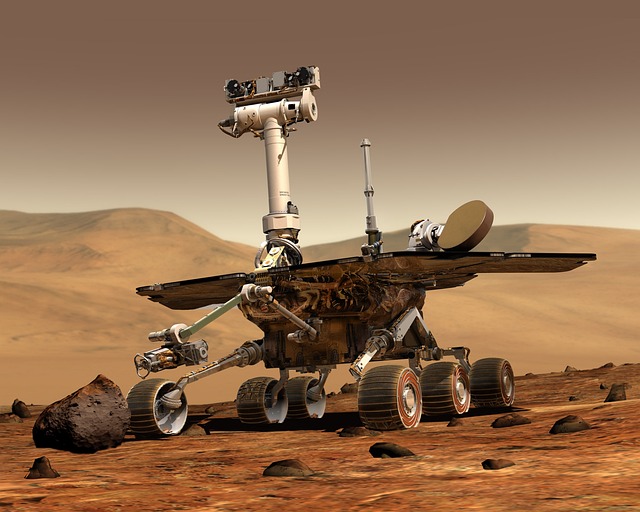Exploring the Symbiosis of Robotics, Artificial Intelligence, and Automation in Business Learning
The world of business is rapidly evolving, driven by technological advances that unlock new possibilities for learning and growth. As we step further into this era, the correlations between robotics, artificial intelligence (AI), and automation become increasingly significant. Understanding these relationships is not only essential for professionals navigating today’s landscape but also for organizations striving to foster a culture of continuous learning.
The Role of Robotics in Business Learning
Robotics has transformed various sectors, providing an innovative approach to teaching and learning. With intelligent machinery taking on routine tasks, students, employees, and leaders are free to focus on more strategic initiatives. For example, in manufacturing environments, collaborative robots, or “cobots,” work alongside human workers, teaching them new skills and enhancing their understanding of processes. This hands-on experience fosters an environment of exploration and discovery, allowing individuals to learn the intricacies of their roles in real-time, establishing a solid foundation for future growth.
Artificial Intelligence: The Learning Companion
Artificial intelligence has emerged as a powerful tool in business learning. Through machine learning algorithms, organizations can analyze vast amounts of data to identify patterns and insights that drive better decision-making. AI systems can personalize learning experiences, tailoring content to the individual needs and learning styles of employees. The seamless integration of AI not only enhances efficiency but also enables learners to grasp concepts more quickly, further deepening the correlations between knowledge acquisition and practical application in a corporate environment.
Automation: A Gateway to Enhanced Learning Experiences
Automation simplifies complex processes, enhancing productivity and freeing up valuable time. By automating mundane tasks, businesses empower their workforce to engage in more enriching learning experiences. For instance, automated feedback systems can provide real-time evaluations of employee performance, creating a continuous feedback loop that fosters improvement. This enables businesses to cultivate a culture of learning, where individuals are motivated to seek out knowledge and develop new competencies in tandem with their automated workflows.
Building a Learning Ecosystem
The convergence of robotics, AI, and automation represents a significant shift in business learning strategies. Organizations that leverage these technologies to create an integrated learning ecosystem stand to benefit enormously. The correlations established by combining these elements can lead to improved retention of knowledge, increased engagement, and a more agile workforce. By investing in a framework that embraces these technologies, businesses equip their employees with the skills necessary to thrive in a captivating yet complex landscape.
As technology continues to reshape the way we learn and grow in the business world, embracing the correlations among robotics, artificial intelligence, and automation will be instrumental in paving the way for success. Welcome to the future of business learning, where innovations are not just changing the game—they are redefining it.




